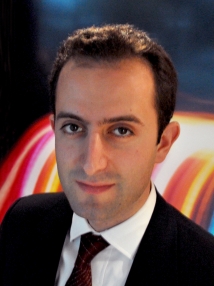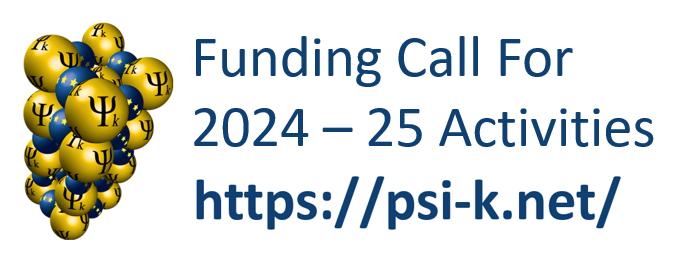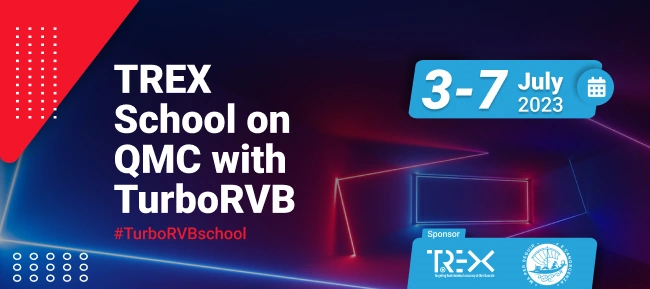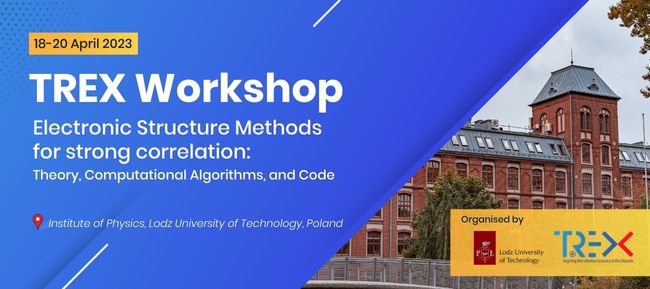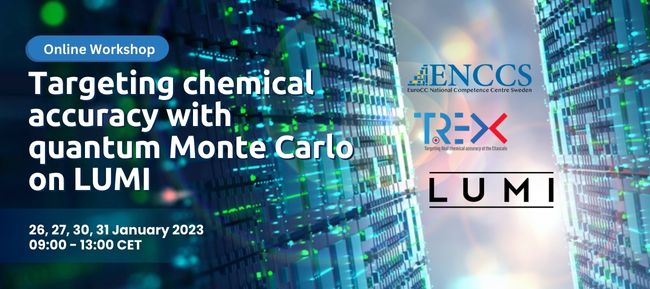Frontiers of Electronic-Structure Theory @ DPG Meeting 2023
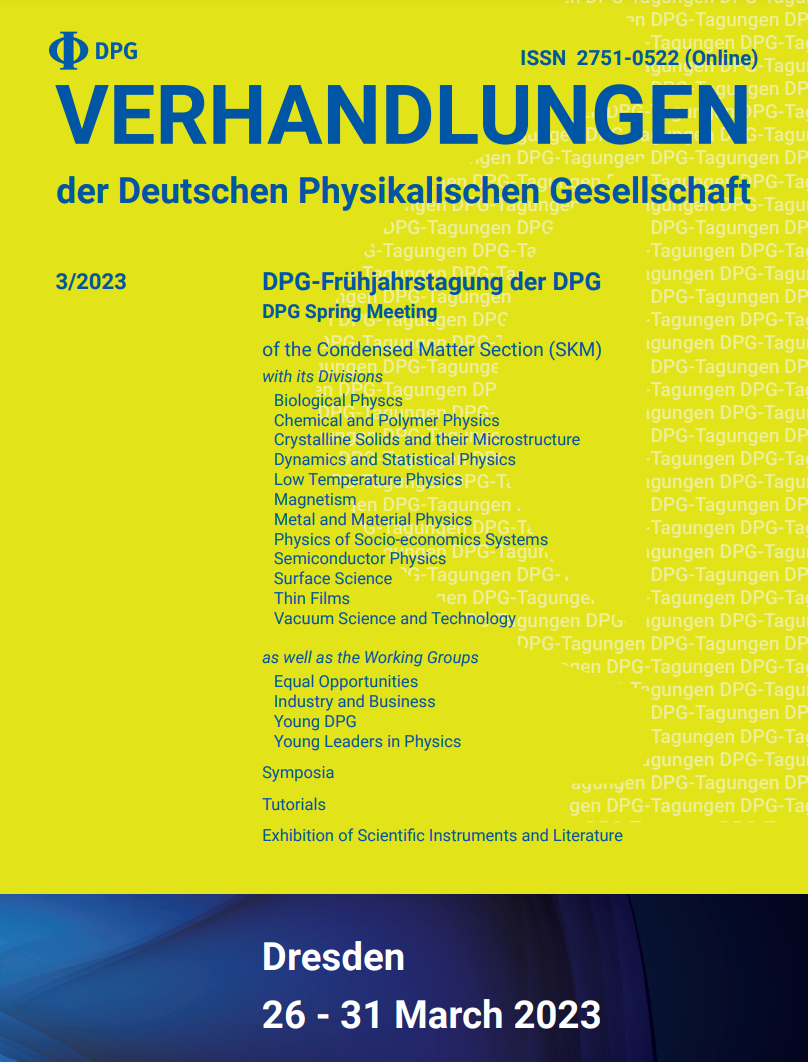
The DPG Spring Meeting of the Condensed Matter Division is the largest European physics conference (the second largest physics conference worldwide), covering all aspects of condensed matter and chemical physics, and materials science. For many years, Psi-k has supported a Focus Session on Frontiers of Electronic-Structure Theory with a special focus topic that changes from year to year. In 2023 the focus will be on Large-scale Calculations Enabled by Sharing Developments and Tools, organised by Claudia Draxl, Andris Gulans, Xavier Gonze, and Dorothea Golze.
Abstract
Electronic-structure calculations, based on density-functional theory (DFT) and methodology beyond, are getting increasingly involved as they face the following challenges: First, investigations of modern materials typically require large unit cells, owing to complex crystal structures, mixed compositions, internal interfaces, etc. Second, at the same time, they often require advanced methods, including hybrid functionals of DFT, Green-function techniques from many-body perturbation theory (MBPT), high-level wavefunction-based methods like coupled-cluster (CC) theory, or quantum Monte-Carlo simulations. All these methods should ideally be implemented in scientific software that is running efficiently on modern supercomputers. With both methodology and computer architectures exhibiting increasing complexity, collaborative development and shared tools, including ready-to-use libraries and codes, are becoming indispensable. This interdisciplinary symposium will cover recent progress in the broad area of electron-structure methods and highly-sophisticated tools that enable the entire community to explore most exciting materials from different perspectives to either predict peculiar features or get insight into measured counterparts. The invited talks will be given by leading and emerging experts in the field. Contributed talks and posters will be from researchers working on developing methods and tools as well as applications to advanced materials.
Unfortunately, due to the venues decision not to host external events, there will not be a Psi-k Get Together this year. However, we look forward to seeing you all at the focus session and we will endeavour to include the Psi-k Get Together at next year’s meeting.
Claudia Draxl
Symposium coordinator
Peter Haynes
Chair of Psi-k
2022: Frontiers of Electronic-Structure Theory: Focus on Artificial Intelligence applied to Real Materials
2021: Electron-Phonon Interactions (postponed from 2020)
2019: The Interface Challenge
2018: Correlated Electron Materials
2017: New Concepts and Developments in Density Functional Theory and Beyond
2016: Topology and Transport
2015: Many-body Effects on the Nano-Scale
2014: Non-equilibrium Phenomena at the Nano-scale
2013: Discovery of Novel Functional Materials
2012: Strong Correlations from First Principles

